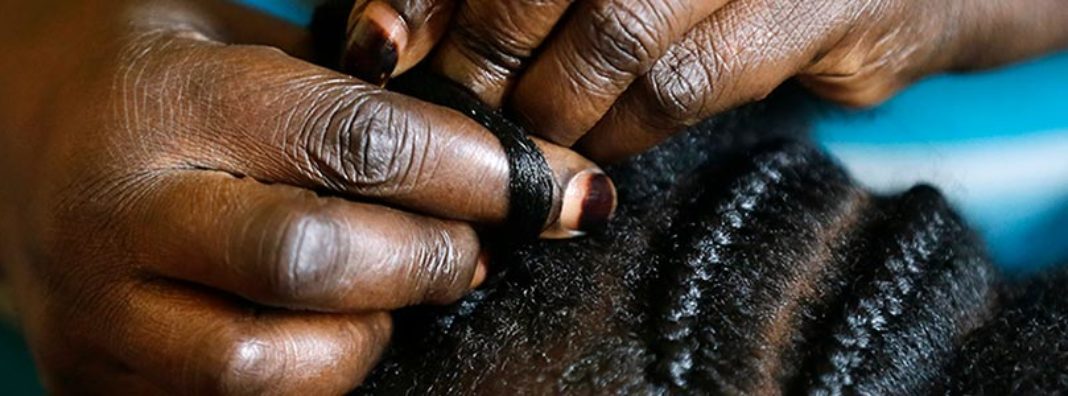
A recent editorial in the Des Moines Register pointed out the stringent licensing laws that pervade the cosmetology industry in Iowa. As the article discusses, current occupational licensing rules require beauticians in training to undergo more than a year of full-time training. Schools providing that training charge around $20,000 for their services despite wage prospects after graduation being barely more than minimum wage, in many cases. One cosmetologist still owes more than $8,000 despite working as a hairdresser and part-time at Pizza Hut for the past 13 years.
These unnecessarily high costs stem from the heavy state regulation of those who want to make a living in the beauty industry. Unfortunately, Iowa’s issues with licensing laws go far beyond the cosmetology industry.
Close to one out of every four workers must be licensed in Iowa. In fact, Iowa ranks second among states in the percentage of workers that it requires to have a license. A new study published by The Institute for Justice estimates that in Iowa, 48,000 jobs and $290 million are lost because of occupational licensing.
If policymakers do not take a closer look, Iowa will continue to see higher costs for consumers and lower employment. Luckily, some promising first steps have been made toward limiting the costs of licensing by applying them only to the occupations that are high-risk.
Licensing creates economic costs by raising barriers to entry into a field of work. Earning a license can be a difficult process. In occupations where the stakes are high, like medicine or emergency services, long training processes are necessary. But low-risk occupations, like hair styling or cosmetology, should not be restricted by licensing laws as they are now.
For comparison, Iowa’s licensing rules mandate more hours in Iowa to become a barber — 2,100 hours — than an emergency medical technician (EMT) — 110 hours — despite the greater risks and life-saving responsibilities of an EMT. So even though many of the licenses require hundreds of hours to obtain and often require expensive fees or application costs, those requirements aren’t always clearly related to the occupation’s risks.
Another problem is that licensing restricts the mobility of workers. Unlike a driver’s license, workers with an occupational license in one state are rarely allowed to practice in other states. For example, a nail technician licensed in Nebraska can’t work in Iowa without obtaining an Iowa license. The lack of portability in professional fields hurts military families and anyone in a licensed field that moves from one state to another.
It’s not all bad news, however. Last year, Iowa joined the physical therapy licensure compact. The compact among states allows physical therapists who are licensed in the other states to work in Iowa without changing their license. This is a good start, but the state can still do more to make it easier for individuals to earn an honest living.
Besides making licenses more portable among states, some occupations are likely better served by other policies. One option is that professional associations could replace state licensing for barbers and cosmetologists. Another idea is to reserve the right to use certain titles to only those who pass state certifications. For example, Utah does this for practicing dieticians. Anyone can be a nutritionist in Utah, but becoming a dietician requires licensing.
Options like these can lower the costs of licensing while maintaining consumer protections. Although occupational licensing is meant to protect consumers, it’s a practice that has been overextended into areas that it is poorly suited for. The future is bright for Iowa, and it’s encouraging to see it get even brighter with developments like last year’s physical therapy compact. Allowing more people to practice their trade without bureaucratic requirements for licenses will only make Iowa more prosperous.



 Des Moines Register
Des Moines Register